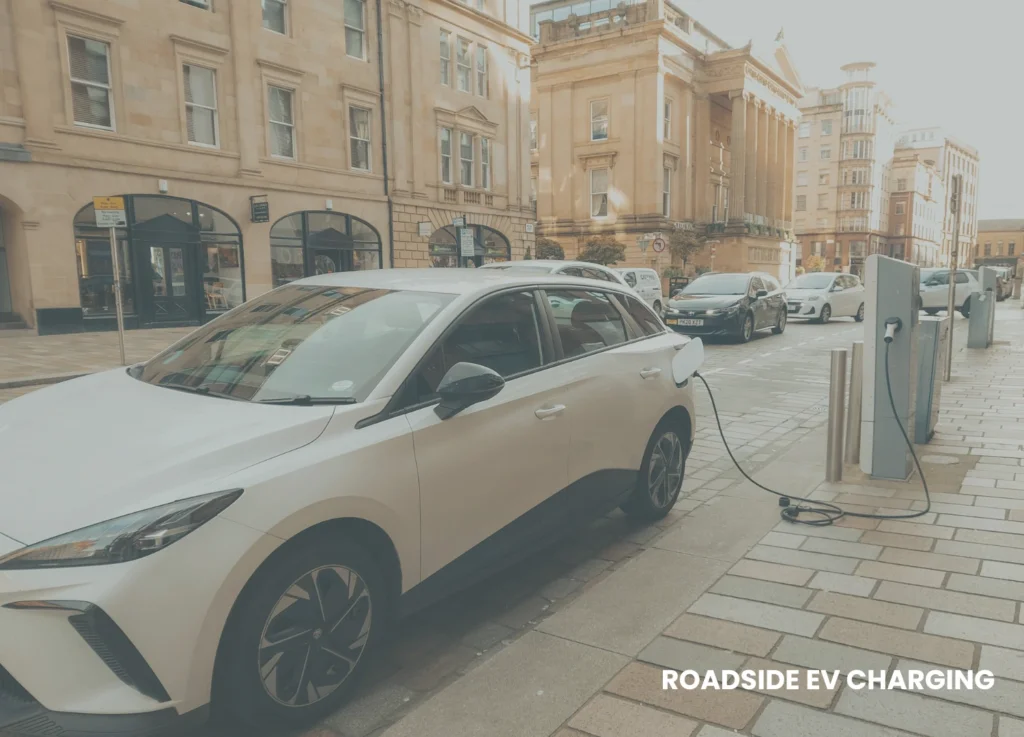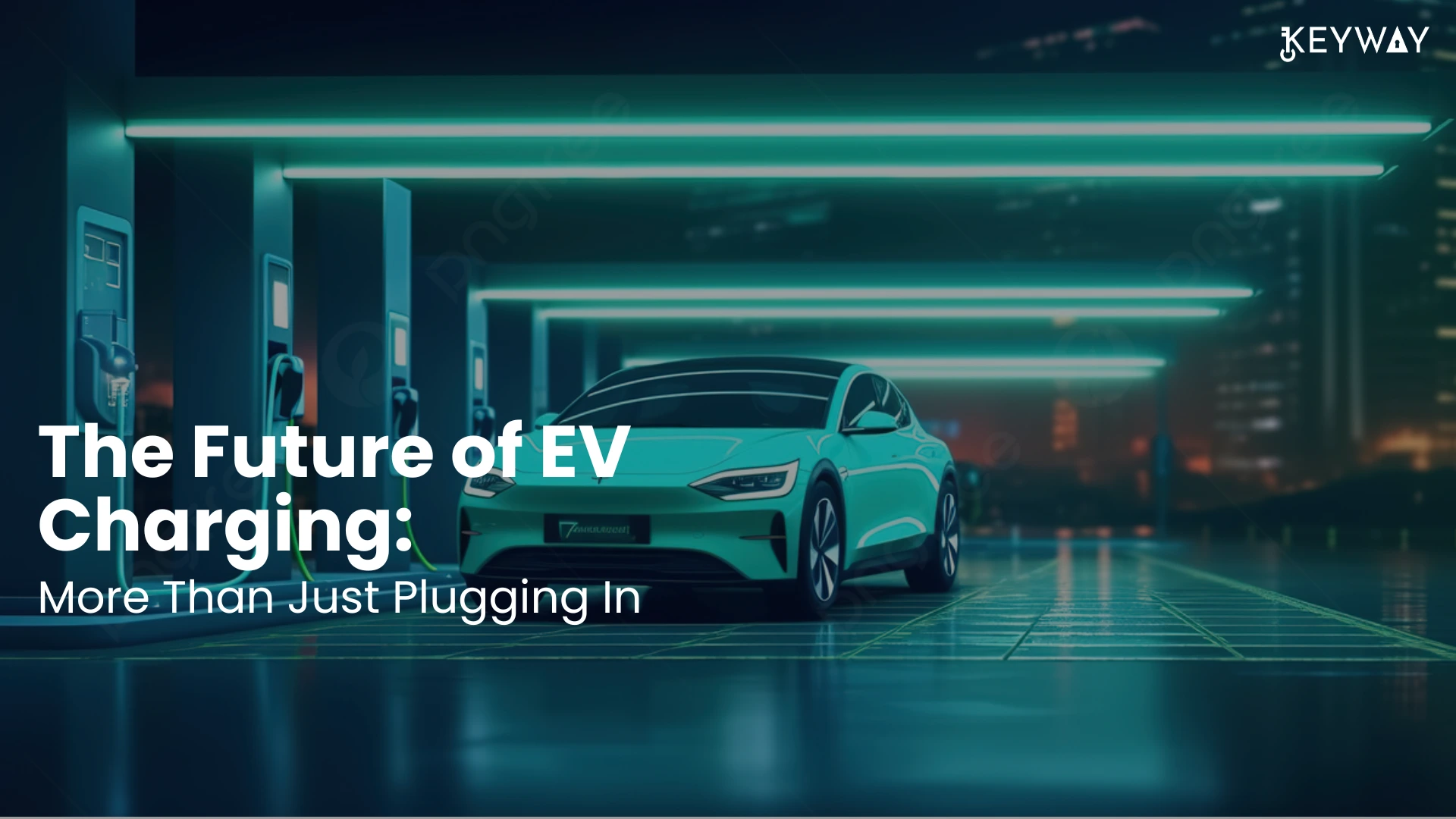As electric vehicles (EVs) gain global momentum, the infrastructure supporting them must evolve rapidly. While plugging in and powering up might seem straightforward, the future of EV charging holds much more than just convenience. It encompasses smart technologies, sustainable solutions, and seamless user experiences that are redefining how, when, and where we charge our vehicles.
In this comprehensive guide, we explore the key trends and technologies shaping the future of EV charging infrastructure.
🔋 What is EV Charging?
EV charging refers to the process of transferring electrical energy to the battery of an electric vehicle. Charging stations, also known as EVSE (Electric Vehicle Supply Equipment), vary by power level, connection type, and charging speed.

⚡ Types of EV Charging Stations
Understanding the current types helps us appreciate where we’re headed:
Level 1 Charging
Uses standard 120V household outlets
Charging speed: ~4-5 miles/hour
Ideal for overnight home charging
Level 2 Charging
240V outlets or installed chargers
Charging speed: ~20-25 miles/hour
Suitable for homes, workplaces, public stations
DC Fast Charging (Level 3)
Direct current at high voltage
Charging speed: 60–250 miles in 30 minutes
Common along highways and commercial areas
🚀 Future Trends in EV Charging
1. Ultra-Fast Charging Networks
As battery technology improves, ultra-fast chargers delivering up to 350 kW are becoming the new standard. These can charge compatible EVs to 80% in under 15 minutes—dramatically reducing wait times.
2. Wireless EV Charging
Imagine parking your car and charging it without plugging in. Wireless charging (inductive charging) makes this possible. Pads embedded in the ground transfer power to receivers under the vehicle—ideal for autonomous fleets and shared mobility.
3. Vehicle-to-Grid (V2G) Integration
V2G technology enables two-way energy flow—EVs can return excess power to the grid during peak demand. This helps balance loads, prevent outages, and creates a revenue stream for EV owners.
4. AI-Powered Smart Charging
Smart charging stations use AI and IoT to:
Optimize charging schedules
Reduce electricity costs
Avoid overloading the grid
Integrate with solar energy systems
These stations adapt to user behavior and local power availability, making EV charging more efficient and sustainable.
5. Solar-Powered EV Charging Stations
As clean energy gains traction, solar-powered EV chargers are being deployed in both urban and rural environments. These reduce grid dependency and make EV adoption more sustainable.
6. Mobile and On-Demand Charging Services
Startups are introducing portable charging solutions that bring power directly to your vehicle—whether you’re stuck in traffic, parked remotely, or managing a fleet.
7. Charging as a Service (CaaS)
EV charging is moving to subscription-based and pay-per-use models, where companies install and maintain chargers while users pay only for usage. This model is attractive for businesses and apartment complexes.
🔄 Integration with Urban Infrastructure
The future of EV charging lies in integrated smart cities, where:
Streetlights double as EV chargers
Charging spots are reserved via apps
Parking lots have solar canopies
Charging becomes part of urban planning
📍 Optimize with: EV charging in smart cities, urban EV infrastructure, smart parking and EV charging
🌍 Sustainability and Environmental Impact
The shift toward EVs is not just about mobility—it’s about sustainability. Modern EV charging strategies are aligned with:
Decarbonization goals
Energy efficiency
Circular economy practices
Recycled batteries, grid-balancing, and renewable sourcing make EV charging an essential piece of the green energy puzzle.
📲 EV Charging Apps and Platforms
Modern EV drivers rely on apps for:
Finding charging stations
Booking time slots
Real-time availability
Payment integration
Route optimization
Popular apps:
💡 Conclusion
The future of EV charging goes far beyond plugging into a socket. It is intelligent, fast, green, and deeply integrated into our cities and lifestyles. With smart technologies, wireless power, AI, and sustainable energy sources, EV charging is evolving into a vital piece of the mobility revolution.
As adoption grows, innovation in EV charging infrastructure will play a central role in accelerating the shift toward a cleaner, smarter, and more connected future.





